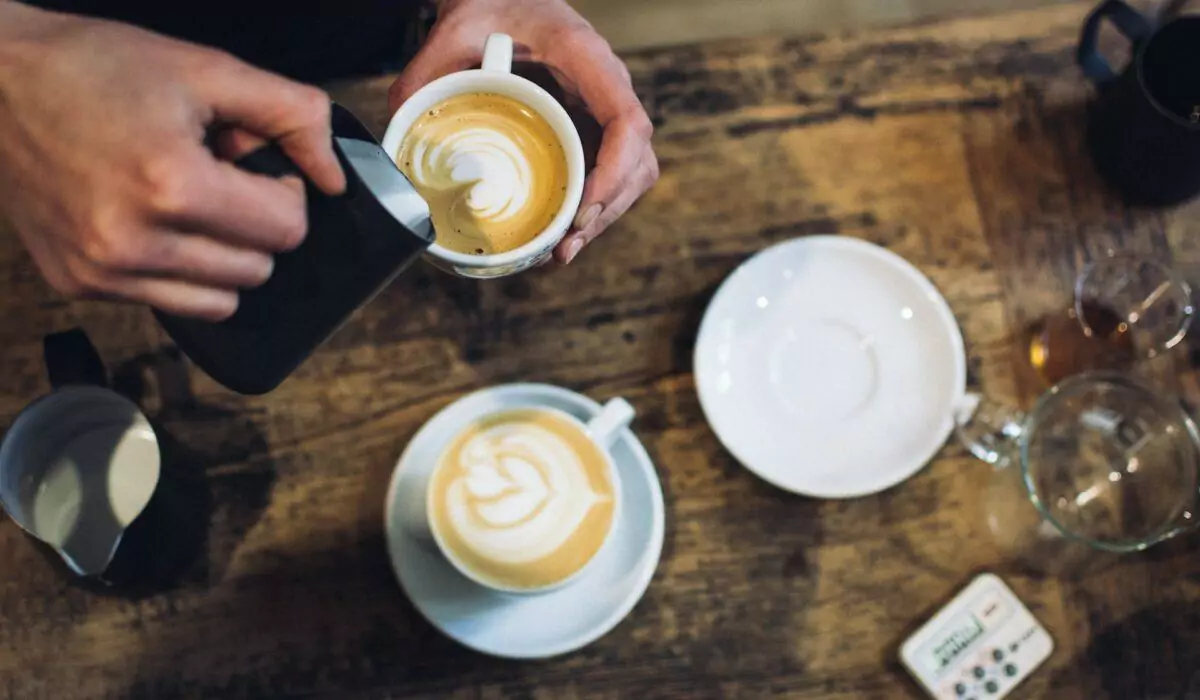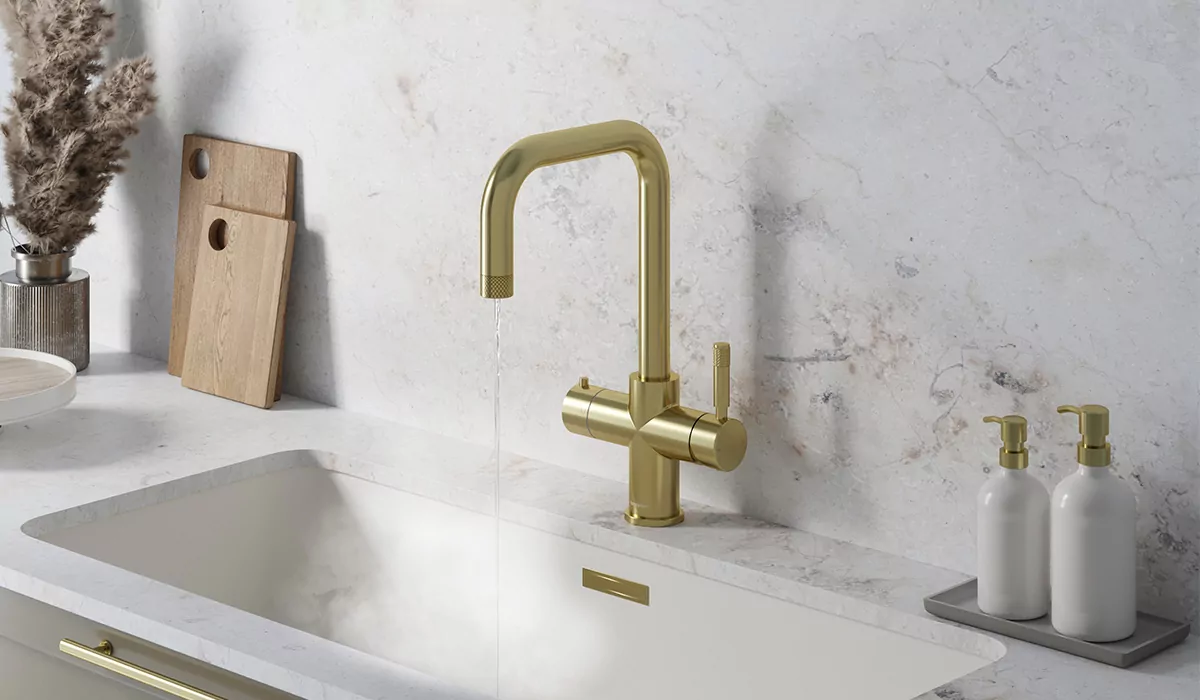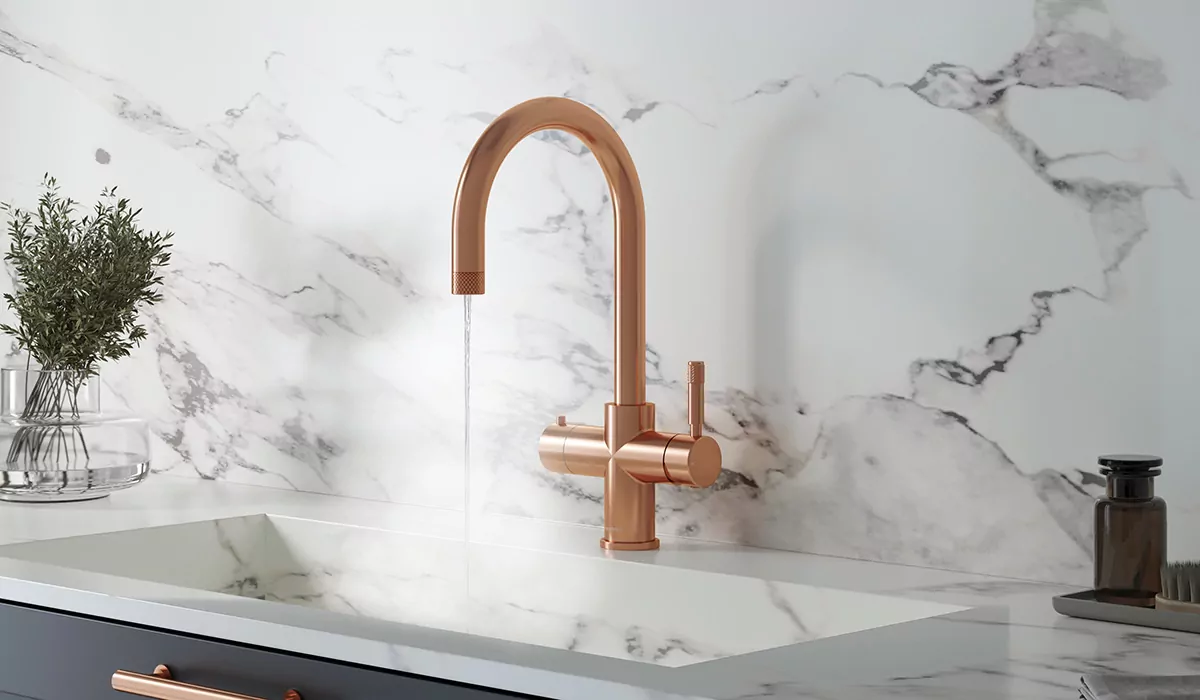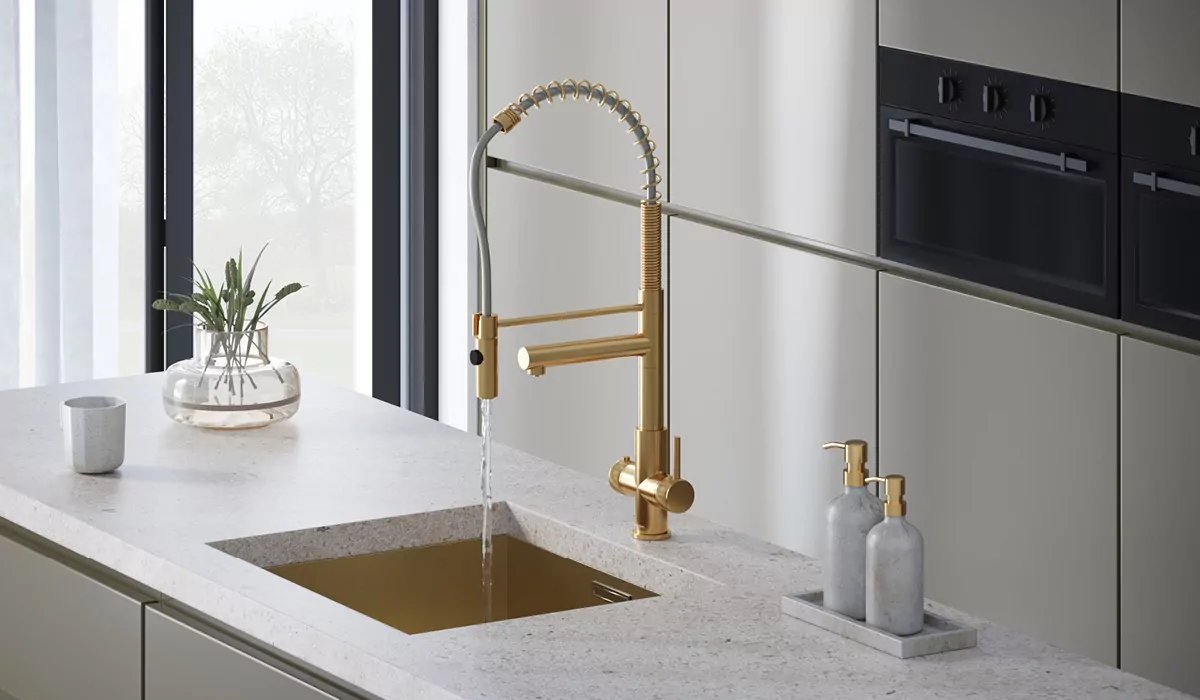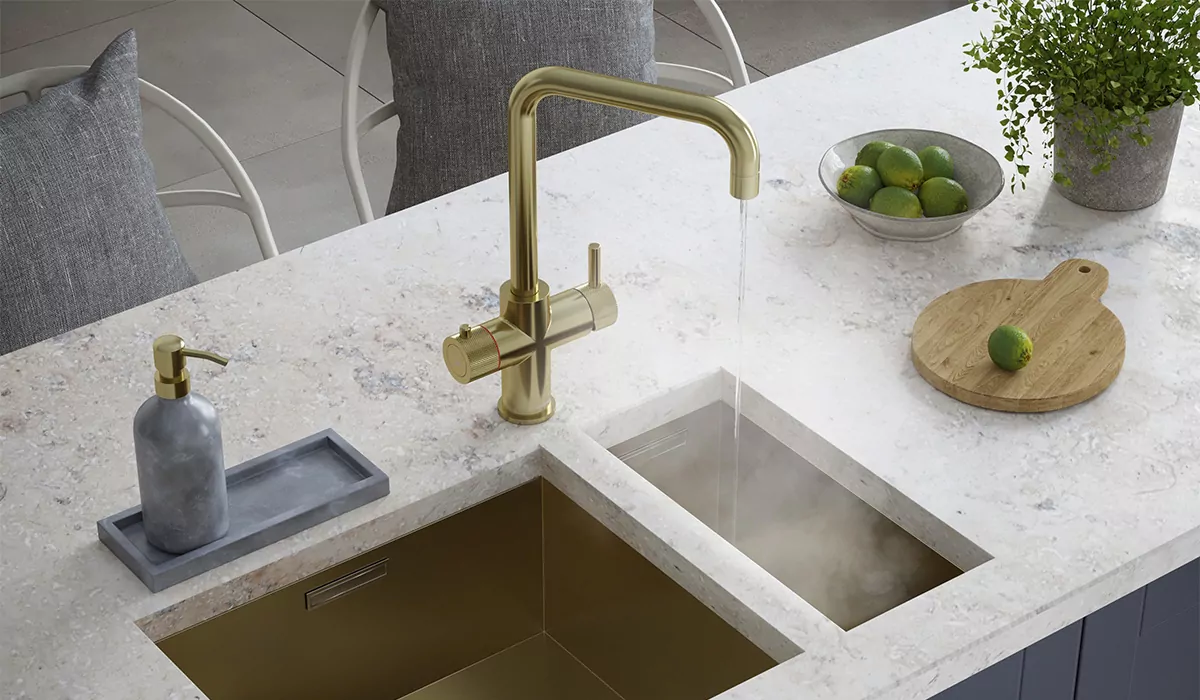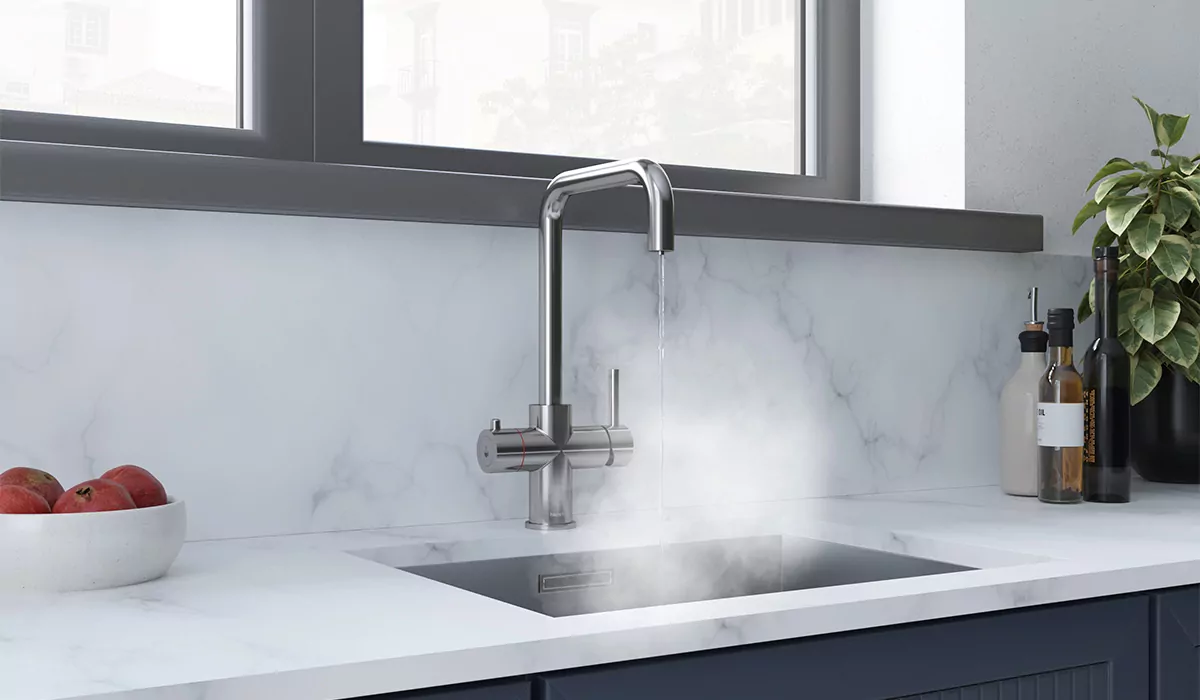As one of the most popular drinks in the world, coffee has been fueling life for people across the globe for centuries. From market traders in Mexico to inner-city financiers in London, this delectable bean is so widespread that many of us now revere coffee as an essential part of everyday life. If you’re looking for fun coffee facts to further confirm that coffee is the elite beverage (sorry tea fanatics!), look no further, as today our self-confessed coffee addicts have compiled the ultimate list of coffee facts for you to indulge in.
Fascinating Coffee Facts
Below you can find a selection of our favourite coffee facts:
- The world consumes 400 billion cups of coffee every year
- Britons consumed approximately 98 million cups of coffee per day in 2021, a figure that rose from 70 million cups a day in 2008
- The average person drinks two cups a day in the UK
- Instant coffee accounts for 13% of all coffee drunk globally
- Decaffeinated coffee sales are at their highest in January due to people’s New Year resolutions
- 28% of people in the UK believe there’s no such thing as too much coffee
- 46% of UK people born into Gen Z (2000 and later) don’t drink coffee at all
- The coffee industry creates over 210,000 UK jobs
- Starbucks had a total of 1,089 stores in the United Kingdom in 2021
- 52% of people in the UK still favour tea over coffee, with only 35% saying they prefer coffee
- Brazil grows more coffee than anywhere else in the world
- Finnish people drink more coffee than anywhere else, at 12 kilograms of coffee per capita
Coffee drinker demographics
Let’s find out who drinks what when it comes to the nation’s favourite beans.
50% of Baby Boomers and The Silent Generation drink multiple cups of coffee every day
(Source: YouGov)
Consumption of coffee rises as you survey older generations, with Baby Boomers (1946-1964) and the Silent Generation (1928-1945) drinking more coffee than those who came after them. 50% drink multiple cups of coffee every day, with a further 19% of Baby Boomers and 27% of the Silent Generation drinking coffee once a day.
46% of Gen Z (born 2000 and later) don’t drink any coffee at all
(Source: YouGov)
New statistics show that young people born after the turn of the millennium drink far less coffee than their older, coffee-guzzling siblings, parents and grandparents. 46% of Gen Z don’t drink any coffee at all, while a further 11% of Gen Z drink coffee less than once a week. Only 10% drink multiple cups of coffee every day, compared to 50% of Baby Boomers (born 1946-1964).
Only 8% of people buy coffee at a coffee shop once a week
(Source YouGov)
The UK’s cafe culture may not be as popular as you think, with the majority of Brits rarely or never buying coffee from their local cafe or coffee shop. Millennials are the most likely group to enjoy a coffee from a cafe or coffee chain, with 10% of millennials buying their coffee there once a week, and a further 8% of millennials buying coffee there more than once a week. Of those in The Silent Generation, only 6% buy coffee from a coffee shop once a week, and 3% buy coffee there more than once a week.
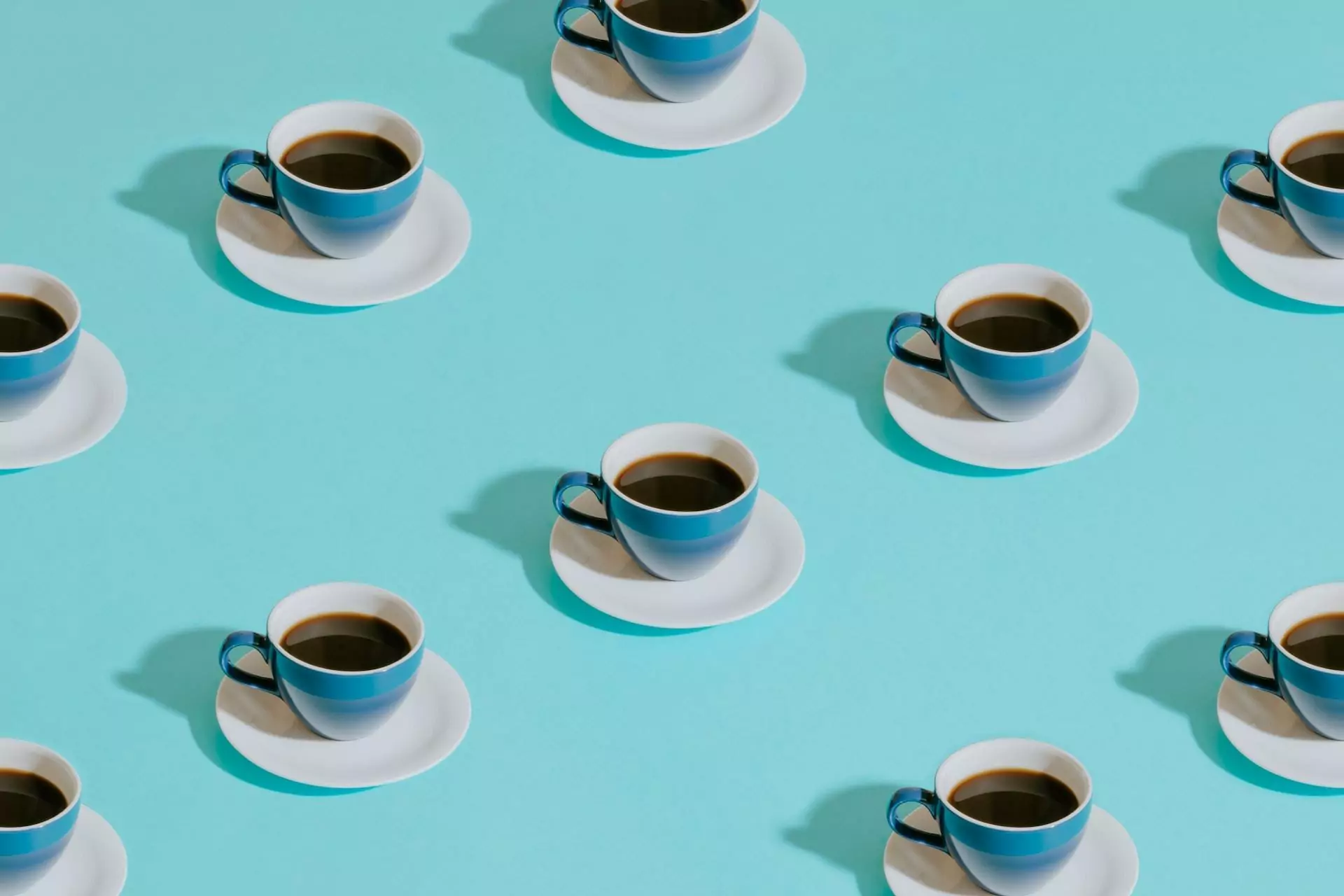
Coffee brands in the UK
From Starbucks to Costa, here we’re exploring which of the UK’s favourite coffee brands comes out on top.
As of January 2022, Costa Coffee has 2,792 outlets, more than any other coffee chain in the UK
(Source: Statista)
As well as boasting the largest number of stores, high-street favourite Costa leads the way in sales, reporting £880.59 million in revenue in 2019. Caffè Nero and Starbucks reported revenues of £366 million and £361.7 million in 2019, respectively. Starbucks is the only non-UK brand on this list, with Brits demonstrating their preference for British brands.
Lavazza is the UK’s most popular ground coffee brand
(Source: Statista)
In 2020, an estimated 2.28 million people used Lavazza fresh ground coffee, more than any other ground coffee brand. Second place was Taylors of Harrogate, with 1.98 million choosing this popular brand to get their ground coffee fix. This makes ground coffee one of the most popular types of coffee available in the UK.
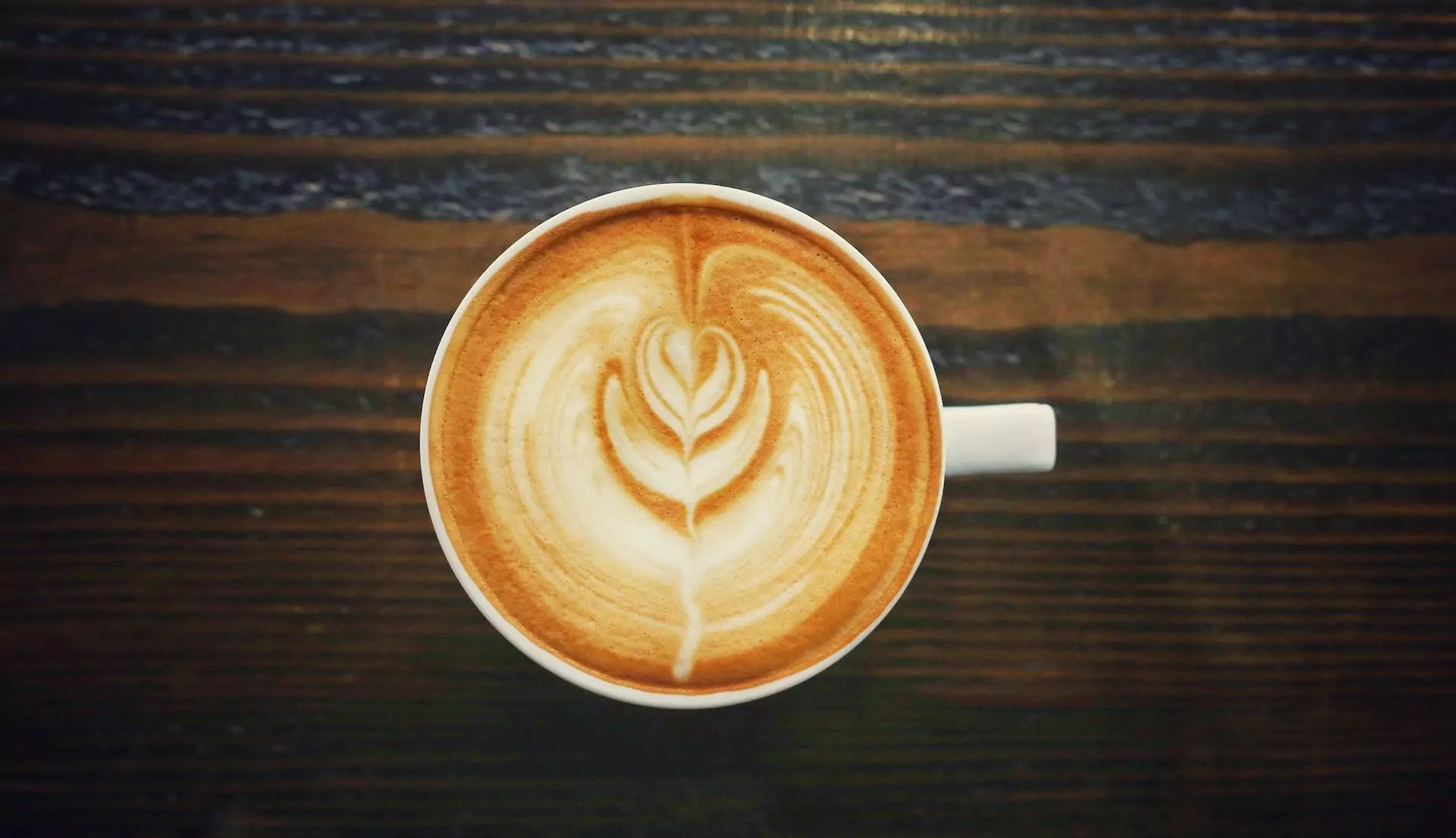
Coffee nutrition facts
With many Brits now consuming coffee every day, it pays to understand the nutritional benefits and limitations of coffee. Let’s explore some coffee nutrition facts:
Unsweetened black coffee only packs about 2.4 calories per cup
(Source: Verywell Fit)
It may come as no surprise, but black coffee is decidedly low-calorie, with a mere 2.4 calories per cup. Black coffee also contains 0g of fat, 0g of fibre, 0g of carbohydrates and 0.3g of protein. In terms of micronutrients, a cup of black coffee has 4.8mg of sodium, 118mg of potassium, 0.1mg of manganese, 7.1mg of phosphorus and 7.2mg of magnesium. Learn more about the calories found in coffee.
Some studies have shown that daily consumption of coffee can reduce the risk of heart failure
(Source: American Heart Association)
The American Heart Association published a 2012 study that found that moderate consumption of coffee (4 servings per day) had a positive effect on reducing the risk of heart failure.
Moderate coffee intake is linked to a lower likelihood of type 2 diabetes, heart disease, liver and endometrial cancers, Parkinson’s disease, and depression
(Source: Discover Magazine)
Frank Hu, chair of the Department of Nutrition at Harvard School of Public Health, concluded “that coffee has been more healthful than harmful in terms of health outcomes” in a recent interview with Discover Magazine.
Drinking 4-5+ cups of coffee a day may increase the risk of indigestion, palpitations, tremors, headaches and insomnia
(Source: National Library of Medicine)
A study on 4558 Australians concluded that drinking 4-5 cups of coffee a day may increase the likelihood of indigestion, palpitations, tremors, headaches and insomnia. The study compared those who consumed 240 mg of caffeine (whether in coffee or tea) a day versus those who didn’t drink anything. This makes hitting the sweet spot all the more important; 2-3 cups of coffee a day is generally recommended as a safe amount, although those sensitive to any of those conditions may want to err on the side of caution.
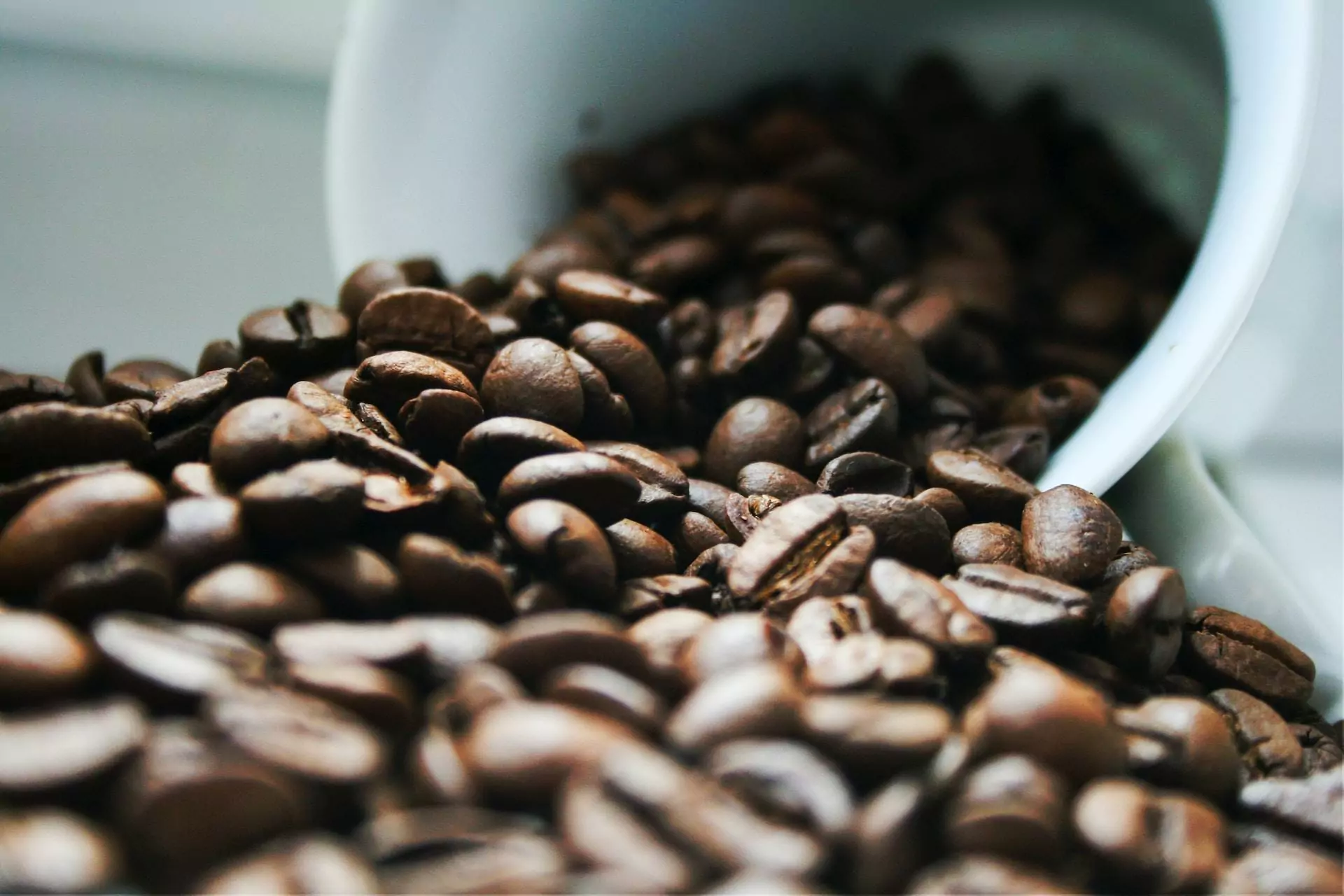
The history and future of coffee in the UK
Coffee may be widespread in modern Britain, but it wasn’t always that way. Let’s dive into the history of coffee with these facts:
England’s first coffee house was established in Oxford in 1650
(Source: History Extra)
The UK’s first coffee house was owned by a Jewish man named Jacob, in the building now known as The Grand Cafe. In London, this honour went to Pasqua Rosée, an Armenian man who opened his coffee house in 1652, in Cornhill.
By 1675 there were more than 3,000 coffee houses in England alone
(Source: History Extra)
The popularity of coffee grew exponentially after it first arrived in the capital, with coffee houses springing up all over the country. Some even boasted bed and breakfasts for visitors requiring an overnight stay.
The first Costa Coffee shop opened in London, in 1981
(Source: Costa Coffee)
Costa Coffee was the first of today’s big coffee chains to arrive on the scene, tracing its roots back to the early 80s. Pret a Manger opened its first shop in 1983, and Cafe Nero opened their first shop over a decade later, in 1997. It wasn’t until the end of the 90s that US rival Starbucks would travel across the Atlantic, opening its first London shop in 1998.
Tea is still the nation’s #1 drink
(Source: BBC)
Over 165 million cups of tea are drunk every single day in the UK – that’s nearly three times the number of people in the UK! Coffee is in a respectable second place, with 95 million cups drunk every day. Tea is a mainstay of British culture, thanks in part to its boom during Britain’s colonial past, with many of us still sticking on the kettle multiple times a day.
By 2030, coffee shops are predicted to outnumber pubs in the UK
(Source: The Times)
With fewer pubs in England and Wales than ever before and a rising number of cafes, Britons are increasingly more likely to be found sipping a cup of coffee than gulping down a pint. If current trends remain as they are, by the end of this decade you will see more coffee shops on our high streets than pubs.
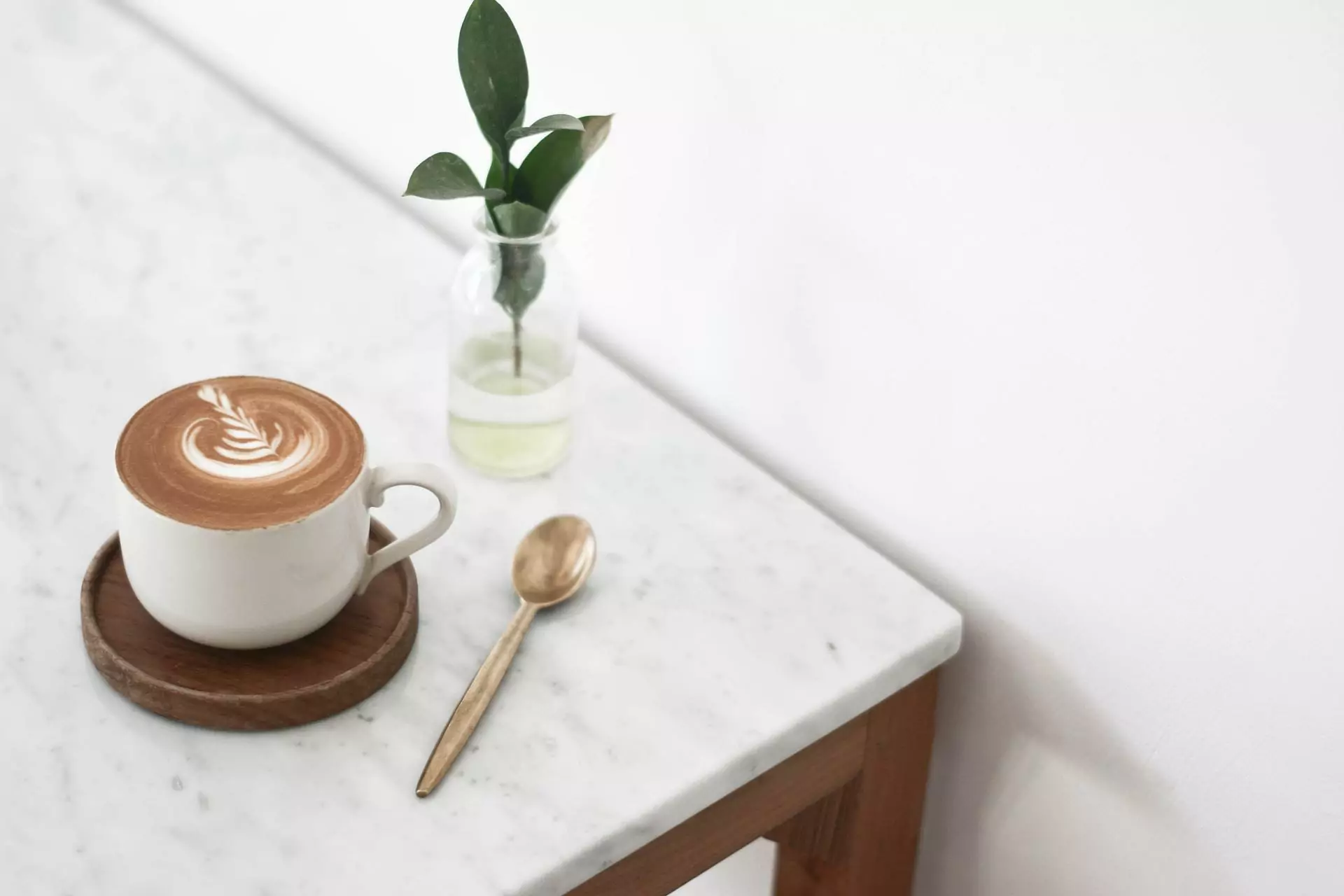
Coffee prices
With many Brits indulging in a cup of ‘Joe’ at least once a week, the price tag of our coffee can dictate where we pick up our caffeine fix. Let’s find out a bit more about what we Brits are paying.
Coffee prices in the UK hit a 10-year high in January 2022
(Source: The Telegraph)
Rising costs across the board have led to coffee costing more both at the supermarket and in coffee shops, outpacing the rate of inflation. Coffee beans, for example, cost roughly $1 for a pound of beans in January 2019, compared to $2.50 per pound at the beginning of 2022.
You can buy a £50 cup of coffee at Queens, Mayfair
(Source: Forbes)
The award-winning Cup of Excellence uses beans from Ethiopian farmers, who were paid more than 150 times the usual price for their beans. A kilo of these beans sells for between £1,500 and £2,000, making it one of the world’s most expensive and rarest coffees. If you buy the experience the Head Barista will hand grind the beans at your table before filtering them through a v60 filter.
The average takeaway coffee costs £3.40
(Source: FreshGround)
The cost of takeaway coffees can vary greatly, depending on how speciality they are. A plain, black coffee for example can cost as little as £1. Syrups, toppings, ice, whipped cream and non-dairy milk can all add extra pennies to your coffee order, leading to coffee prices of up to £5.
FAQs
The effects of caffeine usually take around 10-15 minutes to ‘kick in’, peaking after 45 minutes. The caffeine remains in your blood for several hours afterwards, and after 6 hours, half of the caffeine is still in your body. This is why many people are unable to sleep if they drink coffee after a certain time; if you drink coffee at 5PM, half of the caffeine content will be in your blood at 11PM.
Brewed black coffee can be stored in an airtight container for 1-2 weeks, but the longer it sits there the more its flavour will deteriorate. If your coffee contains milk, we’d recommend drinking it straight away rather than storing it. Cold brew coffee can be kept in the fridge for 7 to 10 days with little deterioration of flavour.
Common alcohols to add to coffee are often dark spirits like whisky and brandy, or creamy liqueurs like Bailey’s. Russian Coffee contains vodka, while Irish Coffee contains whisky. The most famous coffee-based cocktail is the Espresso Martini, which contains coffee, vodka, a coffee liqueur like Kahlua and sugar syrup. Other popular alcohols to add to coffee include amaretto, rum and ginger bitters.
Brits are increasingly embracing decaffeinated coffee, which contains all of the health benefits of coffee without any of the side effects of caffeine consumption. These include neutralising free radicals (lowering the risk of type 2 diabetes) and antioxidants. The side effects you avoid by choosing decaf coffee include hindered sleep and higher levels of anxiety and palpitations.
If you want a sweet coffee but you can’t use sugar, there are a few options out there. Popular sugar alternatives include sugar-free syrups, honey, agave nectar, maple syrup and artificial sweeteners.
Up Your Coffee Game With a Boiling Water Tap
Are you tired of waiting for the kettle to boil every time you crave your daily caffeine fix? Or perhaps you’re seeking ways to elevate your coffee game and impress your guests? Look no further! It’s time to embrace the future of coffee brewing with a boiling water tap. This modern marvel will not only transform your kitchen but also revolutionise the way you enjoy your favourite hot beverages.
Imagine this: a stylish tap that instantly dispenses boiling water at the turn of a handle. No more standing idly by as the kettle slowly heats up. Instead, you’ll have access to piping hot water within seconds, ready to brew the perfect cup of coffee every single time. But that’s just the beginning! Here are some fantastic reasons why you should consider upgrading your kitchen with a boiling water tap:
- Effortless Convenience: Say goodbye to wasted time and energy. A boiling water tap offers an unparalleled level of convenience, allowing you to create barista-quality coffee in the comfort of your own home.
- Elevated Taste: As any coffee connoisseur knows, the temperature of the water is crucial to extracting the best flavours from your beans. With a boiling water tap, you’ll consistently achieve the optimal brewing temperature using the touch-screen control, resulting in a richer, smoother taste.
- Saves Energy: By only heating the precise amount of water you need, you’ll significantly reduce energy consumption, making your daily caffeine fix more eco-friendly.
- Versatility: From tea to instant noodles, a boiling water tap isn’t just for coffee lovers. It’s a versatile addition to any kitchen, streamlining meal prep and simplifying your life.
Why settle for the ordinary when you can experience the extraordinary? It’s time to up your coffee game and transform your daily caffeine ritual. Invest in a boiling water tap and elevate your kitchen into the future. You deserve it! Find out more in our ultimate guide to boiling water taps or on our FAQs.
References
https://www.ibisworld.com/united-kingdom/market-research-reports/coffee-processing-industry
https://britishcoffeeassociation.org/coffee-consumption/
https://www.statista.com/statistics/218388/number-of-starbucks-stores-in-the-uk
https://yougov.co.uk/topics/politics/articles-reports/2012/03/27/tea-vs-coffee
https://www.statista.com/statistics/308687/leading-fresh-ground-coffee-brands-in-the-uk/
https://www.verywellfit.com/coffee-nutrition-facts-and-health-benefits-3495233
https://www.ahajournals.org/doi/10.1161/CIRCHEARTFAILURE.112.967299
https://www.discovermagazine.com/health/is-coffee-good-for-you-or-not
https://pubmed.ncbi.nlm.nih.gov/3874838/
https://www.costa.co.uk/behind-the-beans/our-story/history
https://www.bbc.co.uk/food/articles/tea_versus_coffee
https://www.thetimes.co.uk/article/coffee-shops-to-outstrip-pubs-as-3-open-a-day-phd5pvz0z
https://freshground.co.uk/blog/why-is-a-takeaway-coffee-so-expensive/
